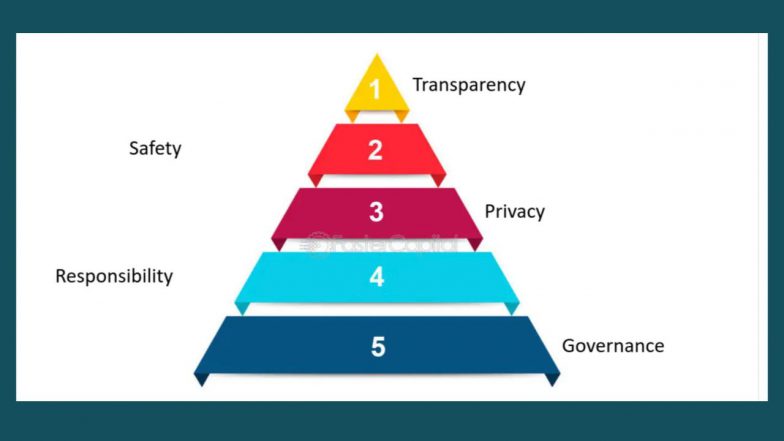Summary
AGI (Artificial General Intelligence) governance involves developing frameworks and policies to ensure the responsible development and deployment of AI systems capable of human-level intelligence, addressing potential risks and maximizing societal benefits.
Source: Gemini
OnAir Post: AGI Governance Overview
About
Key Aspects
1. What is AGI Governance?
- Definition:AGI governance focuses on the processes, policies, and tools that bring together diverse stakeholders to ensure that AI systems, especially those approaching human-level intelligence, are built, deployed, used, and managed responsibly.
- Why it’s important:As AI systems become more capable, the potential for both benefits and risks increases, necessitating proactive and adaptable governance frameworks.
2. Key Challenges and Considerations
- Ethical Concerns:AGI raises ethical questions regarding bias, fairness, privacy, accountability, and job displacement.
- Safety and Security:Ensuring the safety and security of AGI systems is crucial, as they could potentially pose existential risks if not properly managed.
- Global Cooperation:AGI development is a global undertaking, requiring international collaboration and coordination to establish common standards and norms.
- Adaptability and Agility:Governance frameworks must be adaptable and agile to keep pace with the rapid advancements in AI technology.
- Public Engagement:Open and transparent dialogue with the public is essential to build trust and ensure that AGI development aligns with societal values.
3. Potential Governance Approaches
- International Organizations:Creating international bodies, such as the International AI Governance Organization (IAIGO), to oversee and enforce agreements on AGI development and use.
- Multi-Stakeholder Agreements:Involving governments, corporations, researchers, and civil society organizations in the development of AGI governance frameworks.
- Open and Transparent Development:Encouraging open source development and collaboration to build trust and foster innovation.
- Domain-Specific Approaches:Focusing on the specific domains where AGI is used, rather than trying to create a one-size-fits-all governance framework.
- Ethical Guidelines and Standards:Developing ethical guidelines and standards for AGI development and deployment.
- Regulatory Frameworks:Implementing regulations to address specific risks and ensure accountability.
4. Examples of Governance Initiatives
- A proposed framework for regulating AI systems.
- AI Frameworks in the United States:Efforts to develop AI frameworks that address ethical concerns and promote innovation.
- A proposed global agency to govern AGI, with four core elements: institutional framework, global collaboration, the Open Agency AGI model, and mechanisms for democratic accountability and access.
- A study that collected the views of 55 AGI leaders in the US, China, UK, and the European Union on AGI governance.
- A forum designed for CEOs and chief elected leaders of national and international associations to address the complex issues facing associations today.
Source: Gemini AI Overview


